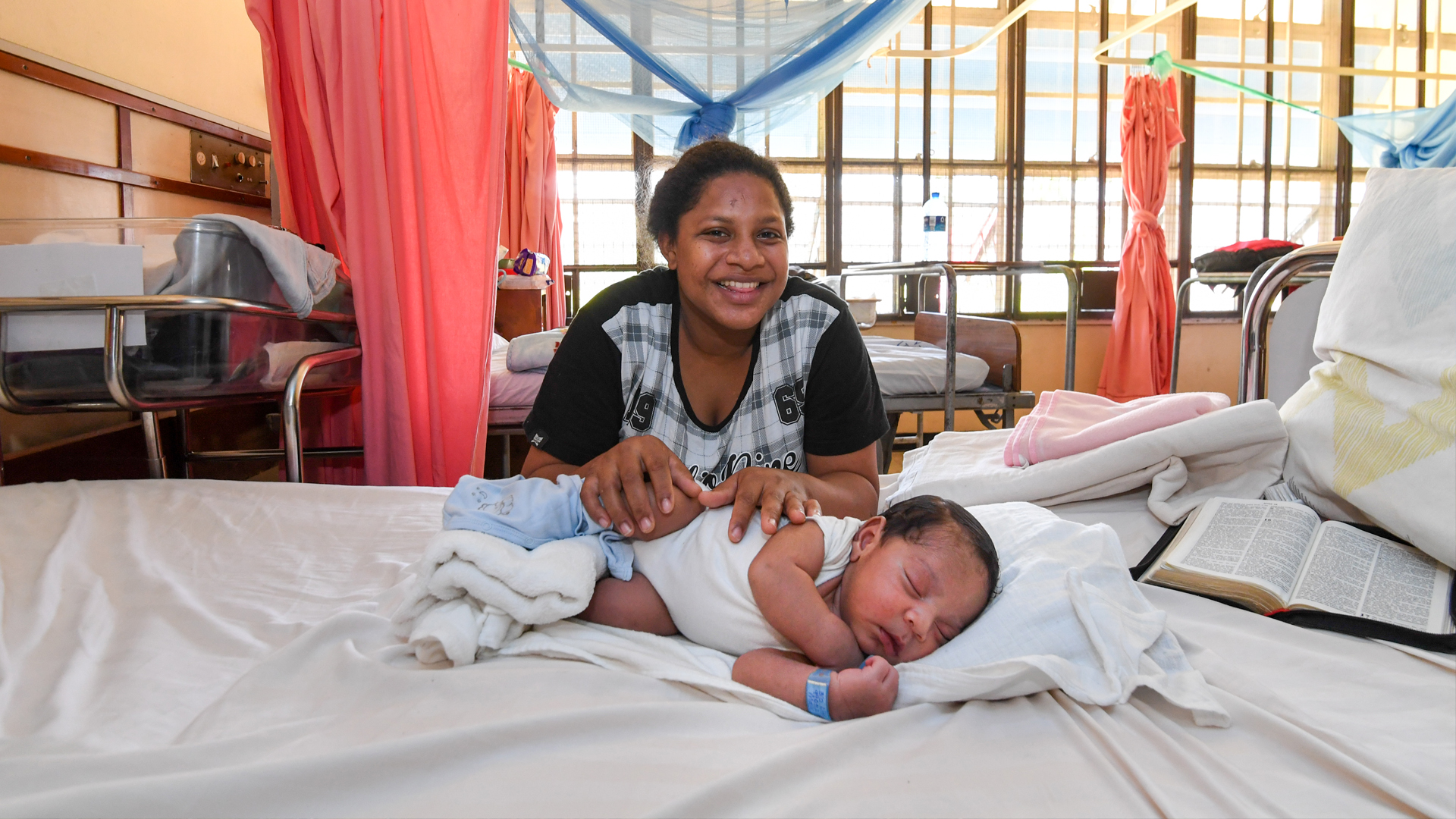
Suva, Fiji, February 24, 2020— Working families and businesses in Fiji are set to benefit from the development of a childcare policy and regulatory framework that will pave the way for quality and safe childcare services for children under the age of five, while also helping to reduce absenteeism and improve productivity.
IFC, a member of the World Bank Group, is supporting the Fijian Government in the design of the country's first early childhood care services policy which is expected to foster better outcomes for children, including in health, safety and nutrition. A cooperation agreement between IFC and the Fijian Government, signed in Suva today, will also ensure the development of basic minimum standards for early childcare services and introduce a licensing and inspection system for service providers.
"Good quality, affordable childcare is often scarce, not aligned with family needs, values, working hours and income levels. Informal care often takes a parent, usually the mother or another female family member out of the paid job market. While men are three times more likely to be in leadership roles worldwide, women are three times more likely to do unpaid care work," Minister for Women, Children and Poverty Alleviation, Mereseini Vuniwaqa said. "As the population in urban centers rises, so does the need for better support for parents. Increasingly distanced from traditional village settings and family support structures, working parents are seeking reliable alternatives to entrust with their child's care. We thank the governments of Australia and New Zealand for supporting this initiative through IFC."
This important agreement comes in the wake of the 2019 IFC study, Tackling Childcare: The Business Case for Employer Supported Childcare in Fiji, that showed 43 percent of the workforce have children under the age of five but only eight percent use childcare services. Most working parents rely on family members or unqualified babysitters to care for their children while at work. The research found that each year, employers are losing an average of 12.7 work days per employee due to parents juggling responsibilities at work and home, costing businesses an average of FJ$550,000 (US$273,000) each year in lost productivity, or about FJ$1,000 (US$497) per employee.
"Our study found that to realize business and economic gains, effective childcare policies must be a government and business imperative," IFC country representative to Fiji, Tonga, Samoa, Kiribati and Tuvalu, Deva De Silva said. "We congratulate the Fijian Government for prioritizing the development of early childcare. Increasing the availability of childcare can be an effective way to increase women's access to employment and better jobs. This is especially important in Fiji right now given the economic impact of COVID-19 and recent tropical cyclones."
Parents have identified that potential benefits of having access to childcare services include increased ability to concentrate at work, reduced stress and anxiety, and a safe environment for their children. There are also clear benefits for businesses, including lower absenteeism, greater employee retention and greater productivity.
The agreement follows the establishment in 2019 of the Early Childhood Care and Education Taskforce under the National Coordinating Committee for Children that includes key government entities, non-government agencies, development partners and the private sector to provide oversight of policy work in this area.
"The development of an early childcare policy will help promote economic opportunities for working parents in Fiji," said John Feakes, Australian High Commissioner to Fiji. "Australia is proud to be supporting IFC and the Government of Fiji in advancing this innovative work."
IFC's work in Fiji is supported by the governments of Australia and New Zealand through the Fiji Partnership.
Fiji Partnership
IFC's work in Fiji is supported by the governments of Australia and New Zealand under the Fiji Partnership to unlock private sector investment, promote sustainable economic growth and boost shared prosperity in Fiji.
About IFC
IFC—a member of the World Bank Group—is the largest global development institution focused on the private sector in emerging markets. We work in more than 100 countries, using our capital, expertise, and influence to create markets and opportunities in developing countries. In fiscal year 2020, we invested $22 billion in private companies and financial institutions in developing countries, leveraging the power of the private sector to end extreme poverty and boost shared prosperity. For more information, visit www.ifc.org.
Stay Connected
www.ifc.org/eastasia
www.twitter.com/IFC_EAP
www.youtube.com/IFCvideocasts
www.ifc.org/SocialMediaIndex
www.instagram.com\ifc_org
www.facebook.com/IFCeap
www.facebook.com/IFCwbg

Contacts
Stay Informed
Sign up to have customizable news & updates sent to you.